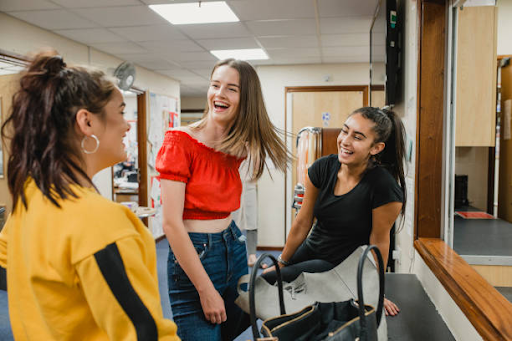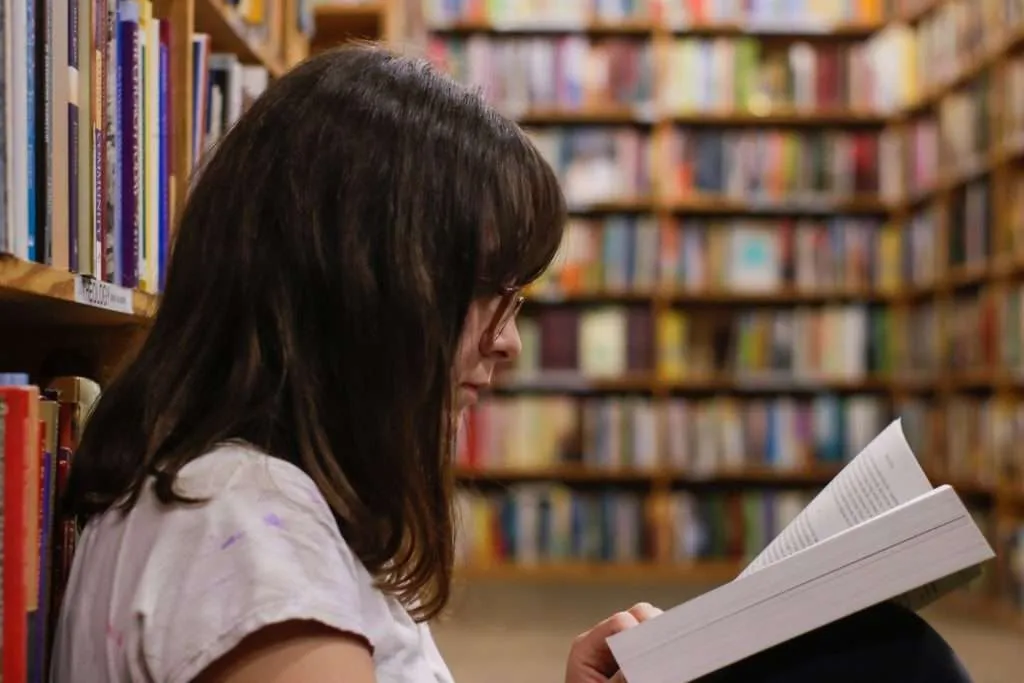Are Ice Breakers Really Necessary?

Icebreakers are meant to help us adjust to new environments such as our high school classrooms, but are they truly more effective than forming connections naturally?
September 26, 2021
Yorba Linda High School has already made the anticipated jump back into full-time, in-person learning. As students are being re-introduced to classrooms, many have once again experienced the process of meeting their teachers and classmates. For many, this process includes the not uncommon experience of icebreakers.
“Icebreaker” is a rather colloquial term used to refer to any game, activity, or exercise meant to help people get to know each other in a new setting. For students at YLHS, this might mean asking fellow classmates wacky questions, or even completing an assignment dedicated to sharing more personal facts about yourself.
Unfortunately, for some, icebreakers are not exactly something to look forward to. To high school students, icebreakers could seem pointless or a waste of time; even outside of the classroom, taking the effort to socialize could be considered silly or trivial – especially if the activity is handled in a way that would remind oneself of our elementary school days.
Not only that, but icebreakers inherently put pressure on more antisocial or anxious students. When reserved students are forced to become involved in a classroom setting, they could feel stress from the unwanted spotlight. Personally, I have experienced trouble with icebreakers in the past because I tend to keep to myself – at least, unless I already know those around me. When confronted with an icebreaker, I prefer staying inconspicuous rather than standing out and finding common ground with others. For example, during the game “Two Truths and a Lie,” I would only agonize over what three statements I should share, instead of paying attention to the others.
Nonetheless, we still have teachers like Mrs. Garcia (Staff) utilizing icebreakers in their classrooms. She is one of the many teachers that make use of such activities, and yet The Wrangler’s recent interview reveals that she shares many of the same sentiments as students when it comes to icebreakers.
Mrs. Garcia (Staff) shares that she was “not the ice breaker type student… because [she] was shy – an introvert, believe it or not, and [she] didn’t like putting [herself] out there very much. She admits that as a “back-of-the-room type kid,” she “hated icebreakers… everything about them.”
Despite this, Mrs. Garcia (Staff) still uses icebreakers in her instruction; I remember creating a personalized google slide in her fourth period class, in order to get to know the interests and hobbies of other students. This ties back to her emphasis that “ it has to be the right icebreaker.” Otherwise, “it really defeats the purpose of having an icebreaker,” since “the whole idea behind an icebreaker is the building of a community… a classroom community, a culture.” This “familial concept” creates an environment where “everything that you do throughout the entire year just takes on a whole new meaning.”
When asked as to why she uses icebreakers, Mrs. Garcia (Staff) responds, “Your discussions that you can have, whether it be full-class discussions – or discussions that you’re just having within groups… if people are comfortable with each other, if people know each other, they’re comfortable talking about things. They’re comfortable kind of being vulnerable.”
At the root of this reasoning is the intent to elevate a students’ learning experience.
As Mrs. Garcia (Staff) puts it, “I think that you’re more open to learning, you wanna come into that class. And not necessarily because of the teacher, but because you know the kids in that class.”
According to Mrs. Garcia (Staff), teachers can gain from icebreakers as well. More personal activities offer the chance to be seen, “not just as this kid that sits in my fourth period class, but you gain an identity. You become an authentic person to me rather than a face or a name in a sea of a hundred and fifty students that I see on a daily basis. And I think that if the teacher has that, and you have that with the teacher… it’s just gonna make school easier.”
Although ice breakers may seem frivolous at times, there are benefits that can be found in cultivating a community. As YLHS students, we might often question why a teacher is doing some of the things that they are doing. In the case of icebreakers, it is important to remember that there is indeed a purpose; this connection – or even the attempt at connection – lays a stronger foundation as we strive to once again unite in a shared school spirit.




































